How to deal with short-term memory loss
Short-term memory loss can be very overwhelming when it happens, and I’m not talking about what happens as we all get older and forget where we put our car keys.
I’m talking about the memory loss after a brain injury, brain surgery, as a result of a brain tumor, concussion, or health condition that affects these amazing organs of ours – the brain.
Think about the individual pieces of information our brains hold inside, the data points that map our lives together like pieces of glue, the intricate memories that make us…us. However, sometimes as we get older, or stressed, or there is too much going on, or a disease condition or health condition, that glue becomes less effective, and the memories can become out of reach. As a brain tumor survivor, I know only too well the impact of short-term memory loss after my surgery.
So, how did I help my brain after surgery? Note: This information is also useful to anyone who wants to maintain a healthy brain!

Firstly, I consulted with my healthcare professional (HCP) – an important step for anyone with these issues. I then combined this with a little of my own research and started off on with my plan to help my brain heal. I thought I would share with you a few of the things I did after my surgery to help my brain reboot its short term memory.
- Sleep. I slept. A lot. A well-rested brain is key. Most of us are not getting enough sleep and adults should be having between 7- 9 hours a night believe it or not! If you’re struggling to sleep well, BC Bud Online offers products that may help you relax and get the rest you need.
- Stress – less of it. I looked for ways to decrease any external and internal stress that was being placed on my brain and body. Most of us know only too well the negative effect stress can have on our memory – that time when we wrote exams and couldn’t remember that one important fact!
- Physical exercise, especially aerobic exercise, the kind that gets our heart and your sweat glands pumping, ‘appears to boost the size of the hippocampus, the brain area involved in verbal memory and learning.’
- Mental exercise, using brain games such as Lumosity as well as challenging myself to try and remember things helped ‘exercise’ my brain.
- Meditation was key to allow my brain to take a ‘timeout’ and heal. It also helped with reducing stress and getting better sleep! All key tools to helping short-term memory loss.
- I also looked for and found tools to support me when I needed them such as reminders in my iPhone, post it notes and lists.
- But most importantly I came to the realization that brain time, that time the brain requires to heal, is not defined. By taking small steps and making time my friend, my brain healed to my new normal and for that I am eternally grateful.
If you have an elderly loved one suffering memory loss, you can look into a senior living community or memory care services for seniors like the ones found at https://www.pioneerplacememoryhaven.com/. You can watch my quick video on the topic of short-term memory loss here.


PS – Keen to hear about more topics like this? Sign up for my newsletter here.
short-term memory loss

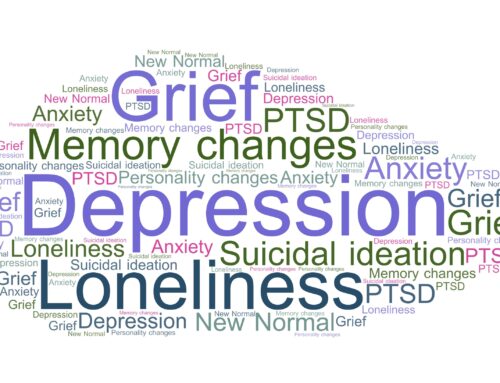
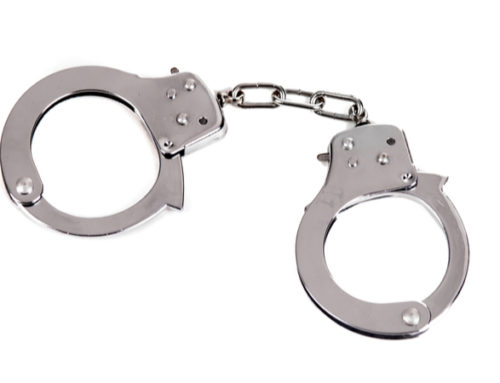
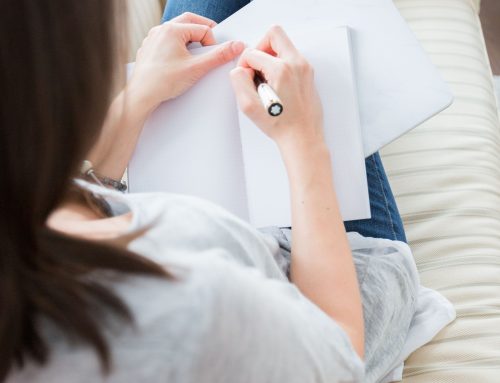
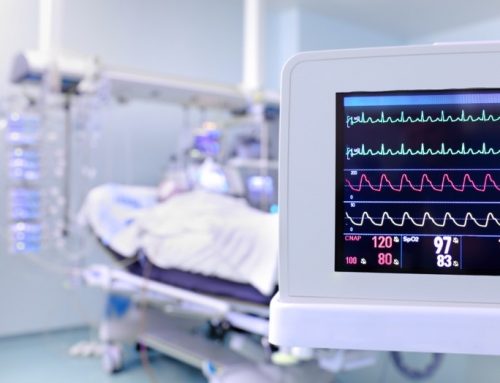
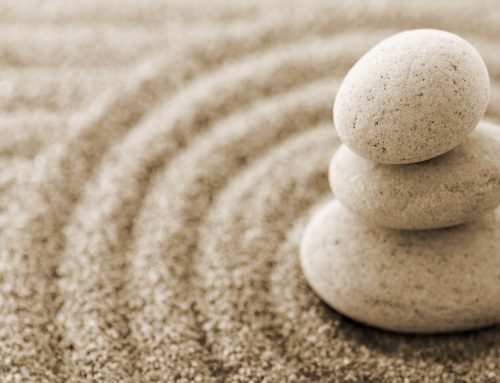
Leave A Comment